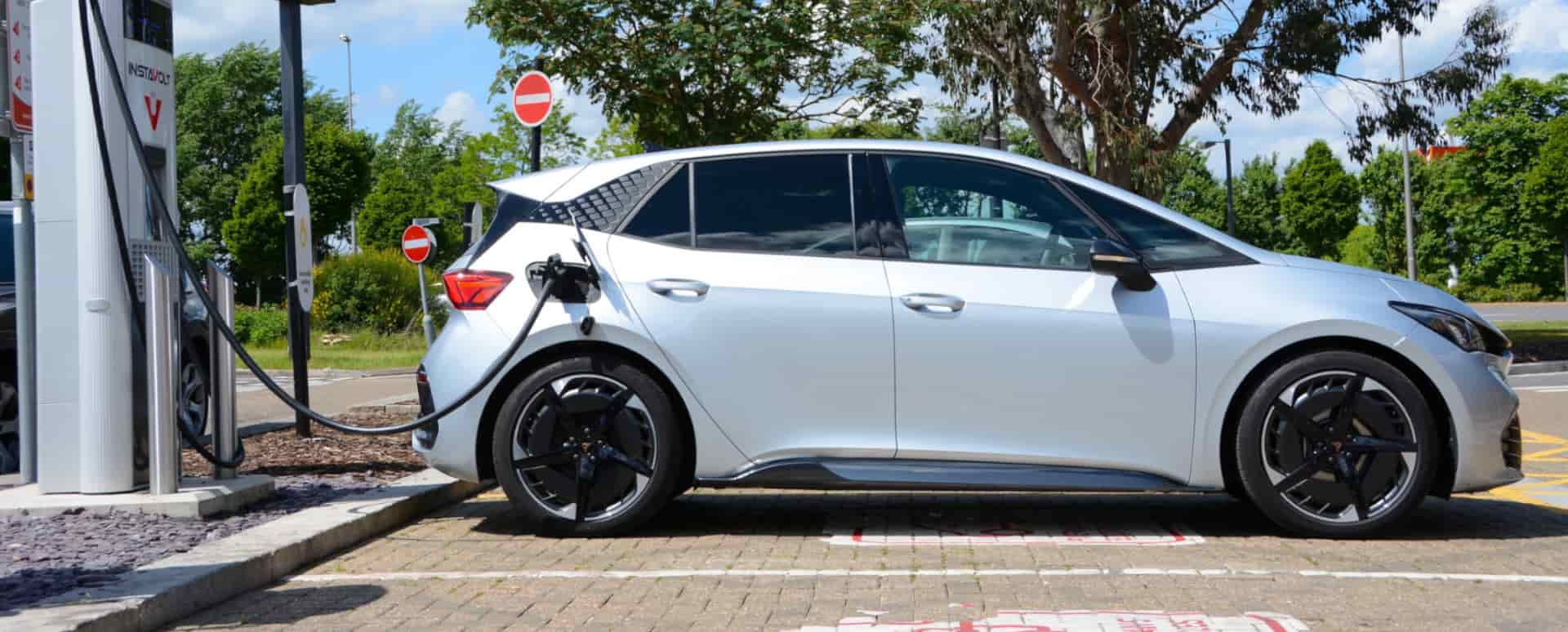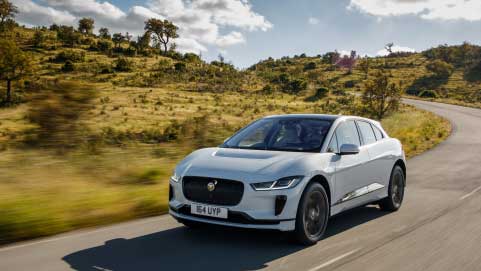ZEV Mandate Update
12th May 2025
Initially, the UK's original ZEV (Zero Emission Vehicle) mandate became law in 2024, and was set to ensure the phasing out of the sale of brand-new petrol and diesel-powered cars by 2030. The targets were designed to increase incrementally each year, with the goal of a 100 percent transition by 2035. Last year, in 2024, these targets were 22 percent of new cars and 10 percent of new vans.
Since the ZEV Mandate, there has been seemingly loud criticism by manufacturers and industry experts, along with industry personalities, to name but a few. Not to mention external factors, and general car sales figures in general.
As of April 2025, it seems the Government has listened to these criticisms and has announced some worthwhile changes, which will make it easier to comply for manufacturers and cars with certain hybrid powertrains.
As stated on the government website, "The Zero Emission Vehicle Mandate will be changed to make it easier for industry to upgrade to make electric vehicles while delivering the manifesto commitment to stop sales of new petrol and diesel cars by 2030".
In essence, whilst the 2030 initial ban still stays in place, cars like the Toyota Prius (self-charging hybrid) will be allowed to be sold until 2035. This follows on noise from the automotive section expressing how 'banning' the sale of hybrid cars from 2030 would have been 'too soon'. HEVs and PHEVs will now be allowed to be sold new between 2030 and 2035, but no specific terms have been set - just as mentioned, the Toyota Prius and Nissan e-Power cars are stated as examples.
The ZEV mandate has also reduced fines for those who miss the set targets, reduced to £12,000 a car, from £15,000 a car.

Elsewhere, small and micro-volume manufacturers, such as supercar and sports car manufacturers like Aston Martin and McLaren, will be exempt, giving more time to adjust before 2035. This also applies to any manufacturers producing fewer than 2,500 cars per year - for the UK market. This means manufacturers such as Morgan and Caterham, typical British sports car manufacturers, who do not have an electric car in production yet, have more time also to adjust and invest in electric car production and tooling.
Vans with an internal combustion engine will also be allowed to be sold until 2035, alongside full hybrid and plug-in hybrid vans, too.
In terms of funding and infrastructure, there will be further investment to ensure an increase in demand for electric cars, too. This is on top of the government's £2.3 billion spend on British manufacturing and improving the charging infrastructure, which sees a new charge-point installed every half an hour.
Ultimately, the new rules mean manufacturers will have more time to adapt and to effectively get their business in order, ready for the 2035 deadline. Future updates could change the deadlines, as consumer behaviour changes, and of course, noise from the automotive sector, etc., but these new rules show as a positive step forward and common sense in getting the automotive industry into a better prepared position, with hybrids helping manufacturers ultimately lower their emissions.
Phil Wilbraham, GVP for Pendragon Vehicle Management, added, "The ZEV Mandate changes are a welcome piece of clarity on the transition to zero-emission vehicles, which recognises the need to move at pace but also the challenges of developing new technology and a resilient infrastructure. The clarity on Benefit-in-Kind (BiK) reinforces that we are making strong progress with cars in particular. However, the transition for vans remains more complex. While electric vans work well in certain use cases, such as inner-city operations, current technology still limits broader adoption. These changes give businesses more time to plan effectively, allowing new technologies to emerge and easing short-term challenges for certain industries."





